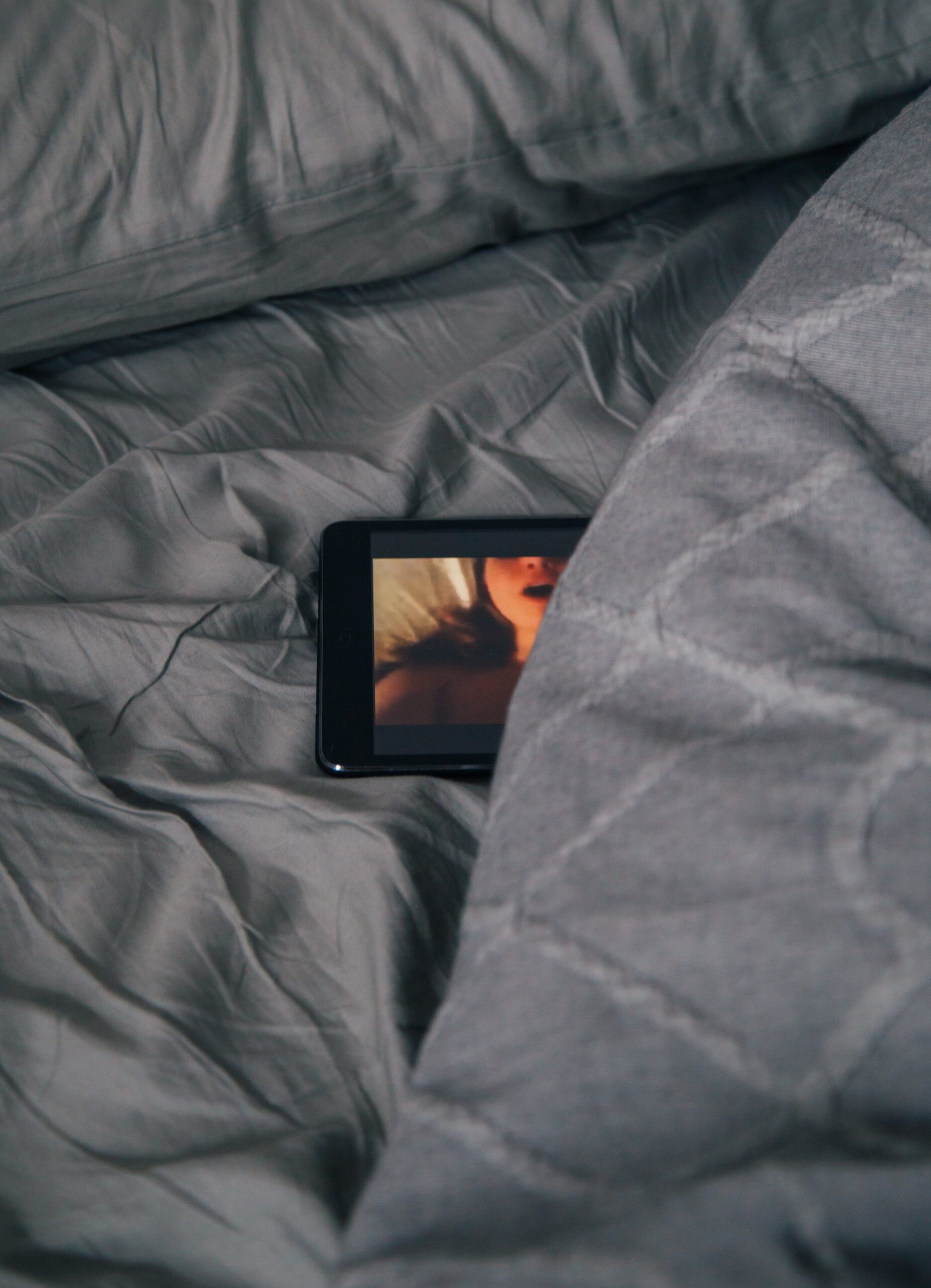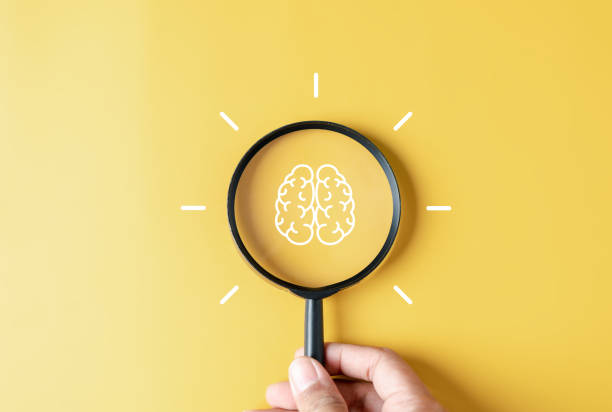UNDERSTANDING PORNOGRAPHY

Pornography, often referred to as "porn," encompasses a wide range of sexually explicit materials, including images, videos, magazines, and websites that are created for the purpose of sexual arousal and entertainment. To fully comprehend the impact of pornography on one's sex life, it's essential to have a clear understanding of what pornography entails.
Pornography has become an integral part of the modern digital landscape, with its accessibility and affordability growing exponentially in recent years. As a result, the impact of pornography on individuals' sex lives and relationships has garnered significant attention. This article delves into the question of whether pornography is detrimental to your sex life and explores its multifaceted effects.
The Diversity of Pornographic Content

Pornography comes in many forms, catering to various tastes and preferences. It covers a spectrum of sexual activities, fetishes, and genres.
The Accessibility of Pornography

The digital age has made pornography more accessible than ever before. With a few clicks, anyone with an internet connection can access an overwhelming amount of explicit content.
Smartphones and streaming platforms have made it possible to view pornography discreetly and almost anywhere, contributing to its ubiquity.
Ethical and Legal Considerations

The production and distribution of pornography are subject to a variety of laws and regulations that vary by country and region.
Ethical concerns surrounding pornography often revolve around issues of consent, exploitation, and the objectification of actors and actresses. Debates exist about the impact of the industry on the mental and physical well-being of those involved.
The Role of Pornography in Society

Pornography has played a complex role in society, both reflecting and shaping cultural attitudes toward sex.
Some argue that pornography can serve as a form of sexual education, while others believe it perpetuates harmful stereotypes and unrealistic expectations.
The Importance of Informed Consumption

Understanding that pornography is a form of entertainment and fantasy is crucial. It is not a representation of real-life sexual encounters.
Individuals should be aware of the potential effects of pornography on their own perceptions of sex and relationships, as well as its impact on their partners.
In the following sections, we will delve deeper into the impact of pornography on sexual expectations, the psychological effects it can have, and its implications for relationships. By gaining a comprehensive understanding of pornography, we can better assess its role in our sex lives and make informed choices regarding consumption and its potential consequences.
The Impact of Pornography on Sexual Expectations
The world of pornography is a realm where fantasies take center stage, and boundaries are often pushed to their limits. Within this realm, actors and actresses engage in meticulously choreographed encounters, showcasing a version of sex that is often far removed from the intimate, imperfect, and genuine experiences that occur in real-life bedrooms. As we delve into the impact of pornography on sexual expectations, we will explore how the explicit content we consume can shape our perceptions of what sex should be, potentially influencing our own experiences and relationships.
1. Unrealistic Portrayals of Sex in Pornography

Pornography often portrays a highly stylized and unrealistic version of sex, characterized by exaggerated performances and idealized bodies. This can influence individuals' expectations about what real-life sexual encounters should be like, potentially leading to disappointment and frustration when reality doesn't measure up.
Additionally, the scripted and staged nature of porn can create an unrealistic perception of spontaneity and pleasure, which may not reflect the complexities of genuine intimacy.
2. Body Image and Performance Anxiety

Viewing pornography can contribute to body image issues and performance anxiety, as individuals may compare themselves to the actors and actresses in these films. This can lead to negative self-perception, impacting one's self-esteem and confidence in the bedroom.
The Psychological Effects of Pornography
As we embark on this exploration into the psychological effects of pornography, it's important to recognize that the consumption of explicit content often goes beyond a mere visual experience. The repeated exposure to sexually explicit material can trigger a cascade of neurological and psychological responses, shaping our perceptions, behaviors, and even our relationships.
1. Addiction and Desensitization

Consuming pornography has been associated with addiction-like behaviors in some individuals. The brain changes in response to frequent pornography consumption can lead to desensitization, meaning individuals may require increasingly explicit or extreme content to achieve the same level of arousal.
Escalating consumption can become a concern, potentially leading to neglect of other important aspects of life.
2. Emotional Disconnection

Frequent pornography consumption can contribute to emotional disconnection within relationships. The objectification of actors and actresses in pornography can make it challenging for individuals to establish emotional connections with their partners, reducing overall intimacy.
Relationship Implications
Understanding the impact of pornography on relationships is crucial for couples navigating the complexities of modern intimacy. While pornography can be a personal choice and consumed responsibly by many, its influence can ripple through relationships in ways that might not be immediately apparent. Here are some of the potential implications:
1. Communication Breakdown

One of the primary concerns with pornography consumption is its potential to hinder open communication about sexual desires and boundaries within relationships. Partners may find it challenging to discuss their preferences, leading to misunderstandings and unmet needs. The imagery and scenarios portrayed in pornography can set unrealistic expectations, which can further complicate discussions about sexual desires. Additionally, if one partner consumes pornography in secret, it can create a barrier of dishonesty, eroding trust and the emotional connection between partners.
2. Reduced Sexual Satisfaction

Excessive reliance on pornography can desensitize individuals to real-life intimacy. This can lead to decreased physical and emotional intimacy in relationships, as the real-world interactions might not match the heightened stimuli from pornography. Over time, this can result in lower sexual satisfaction and overall relationship dissatisfaction. Partners might feel they are competing with an idealized version of sexuality, leading to feelings of inadequacy or insecurity.
While pornography can be a part of some couples' sexual repertoire without negative consequences, it's essential to approach its consumption with awareness and open dialogue. By understanding its potential implications and maintaining open communication, couples can navigate the challenges and ensure that their relationship remains strong and fulfilling.
Pornography in the Digital Age
The digital revolution has transformed various aspects of our lives, and the consumption of pornography is no exception. With the rise of the internet and advancements in technology, the way people access and interact with pornographic content has undergone significant changes. Here's a closer look at the implications:
1. Accessibility and Affordability

The digital age has made pornography more accessible and affordable than ever before. With just a few clicks, individuals can access a vast array of explicit content, often for free. This ubiquity of online pornography has made it a readily available source of sexual content, eliminating the barriers that once existed. While this can be seen as a democratization of adult content, it also raises concerns about over-consumption and its potential effects. The ease of access can influence consumers' attitudes toward sex, potentially skewing perceptions and expectations of real-life intimacy and relationships.
2. Privacy Concerns and Consequences

The digital realm, while offering anonymity, also brings forth a set of privacy concerns. Browsing histories, cookies, and digital footprints can inadvertently expose one's consumption habits. This, coupled with the societal stigma surrounding pornography, can lead to secretive behavior. Such clandestine habits can potentially harm trust within relationships. Partners may feel betrayed or deceived when they stumble upon hidden pornographic content or discover that their significant other has been concealing their consumption habits. This can lead to feelings of insecurity, inadequacy, or even jealousy.
The digital age, with its myriad of conveniences, has reshaped the landscape of pornography consumption. While it offers unparalleled access and privacy, it also presents challenges that consumers and couples need to navigate. Open communication, understanding, and setting boundaries can help mitigate potential negative impacts and ensure that technology serves as an enabler rather than a disruption in intimate relationships.
Balancing Perspectives
The topic of pornography consumption, especially in the context of relationships, is multifaceted and often polarizing. While some view it with skepticism and concern, others see it as a tool for exploration and education. Here's a balanced look at the arguments:
1. Arguments in Favor of Responsible Pornography Consumption

There's a growing perspective that, when consumed responsibly, pornography can have a place in a healthy sex life. Advocates argue that it can serve several purposes:
2. The Importance of Communication and Consent

Regardless of one's stance on pornography, most experts agree on the importance of open communication and consent, especially within relationships:
The debate surrounding pornography is unlikely to be resolved anytime soon, given its subjective nature. However, by balancing perspectives and emphasizing the importance of communication and consent, individuals and couples can make informed decisions that best suit their unique circumstances and values.
Seeking Help and Support
The consumption of pornography, like any other behavior, can become problematic for some individuals. Recognizing the signs and seeking appropriate help can be the key to maintaining healthy relationships and mental well-being. Here's a deeper dive into the topic:
1. Recognizing Problematic Pornography Consumption

Understanding and identifying the signs of problematic consumption is the first step towards seeking help:
2. Resources for Individuals and Couples

For those facing challenges related to pornography consumption, various resources can offer support and guidance:
While pornography consumption is a personal choice and can be benign for many, it's essential to remain vigilant about its potential negative impacts. Recognizing the signs of problematic consumption and seeking appropriate help and support can ensure that individuals and couples maintain a healthy relationship with sexuality and each other.
CONCLUSION
In conclusion, the question of whether pornography is bad for your sex life is a complex and nuanced one. While pornography can have negative effects, it is not inherently detrimental. The key lies in responsible consumption, open communication, and maintaining a healthy balance between fantasy and reality. By understanding the potential consequences and seeking help when necessary, individuals and couples can navigate the impact of pornography on their sex lives and relationships more effectively.


0 comments